Revealed: The ‘dire’ reality of the northern NSW housing crisis
From bad, to worse, to flat-out abysmal. That’s the current housing crisis situation from Byron Bay to the Qld-NSW border – and the statistics will alarm you.
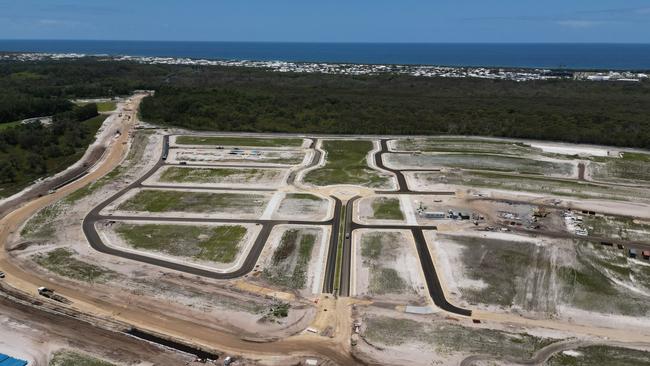
Regional News
Don't miss out on the headlines from Regional News. Followed categories will be added to My News.
The housing crisis from Byron Bay to the Queensland-New South Wales border is not just bad – it is deadset horrendous.
There is an acute shortage of homes, rental costs are skyrocketing and there is seemingly an infinite spool of bureaucratic red tape preventing the problem being fixed.
Residents have been forced to move or consider moving elsewhere and many wanting to move to the area have Buckley’s chance.
The crisis, exacerbated by the Covid pandemic, natural disasters and ongoing economic pressures has resulted in an unprecedented strain on emergency accommodation.
The Northern Rivers and Tweed communities face supply issues compounded by regulatory changes, rising labour costs and local opposition to new developments.
In the Tweed for example, it is only in recent months council pledged to speed up its development approval (DA) process, with more than 100 applications sitting for 180 days or more.
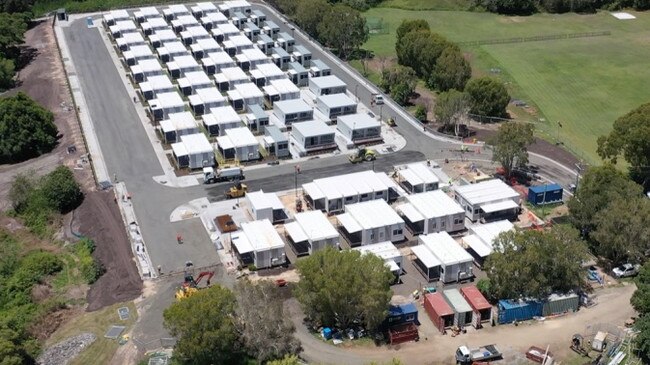
Amid the challenges, property developers such as Clarence Property and Bob Ell’s Leda Holdings say they are trying to address the crisis.
The final stage of Clarence Property’s Bayside Brunswick development is construction-ready and has been spruiked to help ease housing strain.
However, it has faced significant delays due to local activist group Save Wallum. Protesters have raised concerns about endangered animals and threatened biodiversity on the site.

Leda’s gargantuan Kings Forest ‘mini-city’ at Cabarita and Uniting’s $233m seniors village at Kingscliff are also set to ease housing shortages when ready.
New infrastructure, such as the $723m Tweed Valley Hospital, which opened in May, and the forthcoming $900m Tweed Mall redevelopment, can cater to the population, but may prove futile if people shift in droves in search of more affordable and diverse housing options.
Meanwhile, Byron Shire has recorded the most rough sleepers and homeless in the entire state, according to the 2024 NSW Street Count.
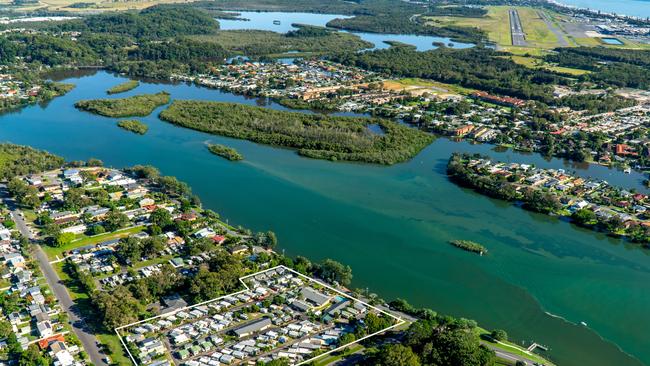
Tweed and Byron combined make up close to to 30 per cent of all rough sleepers statewide, according to a 2023 report.
There are approximately 58,000 applicants awaiting social housing across NSW.
McGrath Real Estate general manager David Mills described the current situation as “dire” and “unsustainable”.
He said there were only nine properties available for rent on their books across the Northern Rivers – a drastic drop from the usual 50 properties.
“People are too scared to give notice on their current rentals because they know there’s nothing else available,” he said.
“It’s creating a situation where tenants fear they might end up homeless if they try to move.
“A median four-bedroom house now sits at an ‘affordable’ $2.3 million. The situation is unsustainable.
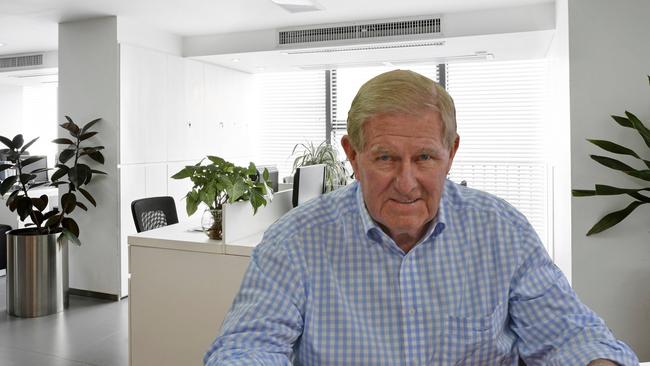
“The rapid increase in property values has driven many residents out of the area.
“We are seeing people who can no longer afford to stay in places on the coast, forcing them to move on, but the question is – where can they go?”
Mr Mills attributed the crisis tipping point to the pandemic, when residents from Sydney and other southern markets flocked to northern NSW.
This, combined with the pandemic-induced trend of remote working and a subsequent increase in rental prices led to a dramatic rise in house prices.
Long-term renters, who previously found tenancies manageable, faced unprecedented insecurity as property owners returned home, and many properties were relisted at significantly higher prices.
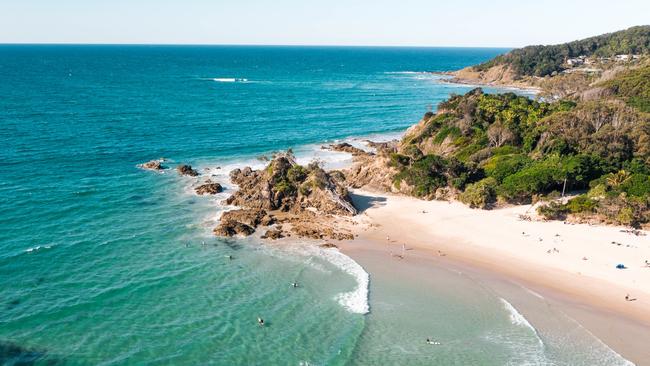
The situation worsened with the 2022 floods, which devastated the housing market in Lismore, and several other towns in the Northern Rivers, displacing many.
Despite government buyback schemes and efforts to relocate affected individuals, demand has outpaced supply.
Business NSW Northern Rivers regional director Jane Laverty said there has been a “major shift in the Northern Rivers’ social fabric”.
She said there was “an increase in new people moving to the region and a significant reduction in first-time home buyers and locals”.
“With an ageing population and a lack of affordable housing options for younger residents, the region’s workforce is increasingly displaced, creating a gap in essential services and economic stability,” Ms Laverty said.
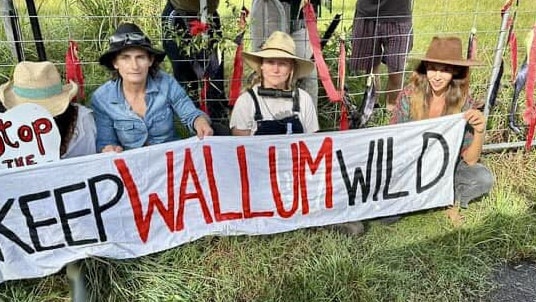
“Local councils and the NSW government could work more closely with industry to identify and adopt more innovative approaches to housing development.
“When everyone can work together towards a common goal, we are sure to see better outcomes for the regional community.
“There is an urgent need for a holistic housing strategy to address the diverse needs of the population, including affordable housing for young people and support for local businesses.”
Mr Mills highlighted the impact of new short-term rental accommodation regulations in Byron from September 24.
The new regulations impose a 60-day annual cap on non-hosted short-term rentals across most of the shire, with some exceptions.
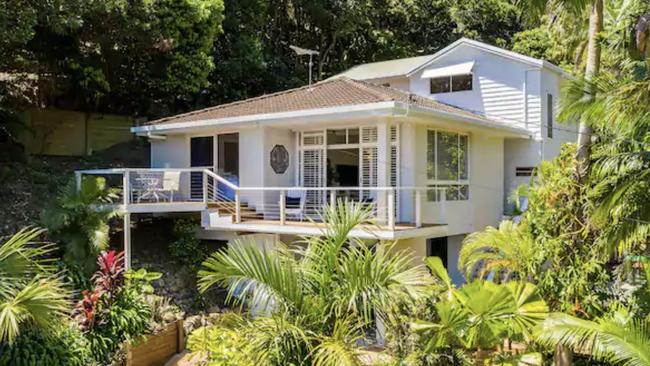
While changes were intended to boost the availability of long-term rentals and curb investor dominance, they have led to a further reduction in the number of rentals.
Data from the Rental Affordability Index for 2023 indicates all areas of Byron Shire are now classified as ‘severely unaffordable’ based on average income levels.
The growing disparity between housing costs and income is causing severe housing stress for both 50.2 per cent of renters and 20.3 per cent of mortgage holders, according to the Byron Shire Residential Strategy 2041.
Further, the Byron Shire Residential Strategy 2041 states the shire’s population has
increased by 1.7% annually, with a notable rise in smaller households, putting additional pressure on the housing market.
The need for dwellings is urgent and projections show a requirement for about 4522 new homes by 2036.
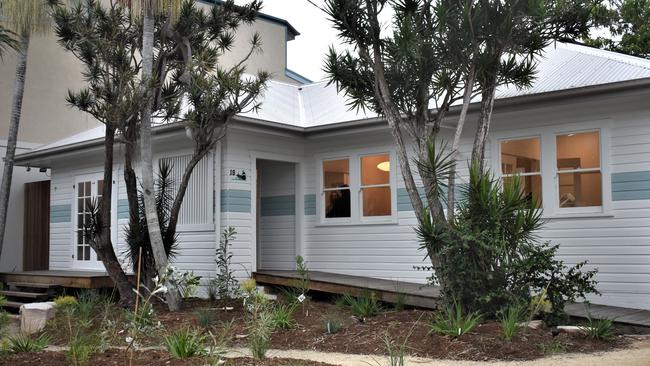
Current developments, including about 1385 new homes in existing approvals and zoned land, fall short of meeting demand, the report states.
The situation in the Tweed mirrors the concerns, with high housing costs driven by
significant population growth – making it one of the most unaffordable places to live globally.
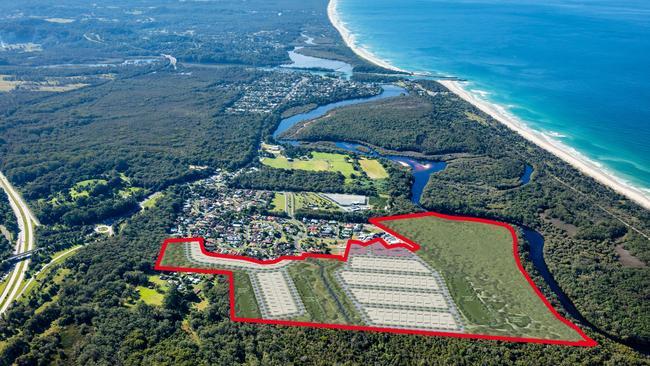
When it comes to action against developments, Save Wallum celebrated a win in recent weeks when a stop work injunction court decision was delayed until early next year, preventing work by Clarence Property.
Group spokeswoman Svea Pittman said of the housing crisis: “Save Wallum is not opposed to appropriate new housing development, not at all.”
“Of course we recognise we are in a housing crisis, however, luxury high-end housing will not help average Aussie families,” she said.
“We need housing, climate resilient new homes, social housing, community housing, appropriate development. Of course. But not in flood zones, especially not rare coastal ecosystems, like Wallum, where numerous endangered species already live.”
Got a story tip? Email sam.stolz@news.com.au





